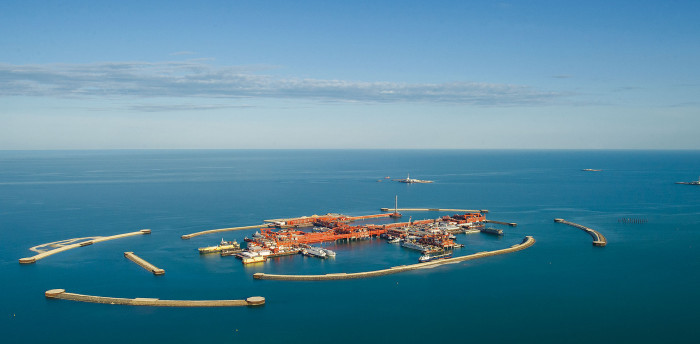
The companies operating two major oil fields in Kazakhstan are being taken to arbitration by the nation’s government, with billions of dollars of revenue at stake amid allegations of unapproved spending, according to people familiar with the matter.
The government is claiming that partners in the projects should not deduct costs amounting to $13 billion for Kashagan and $3.5 billion for Karachaganak, the people said, asking not to be named because the information is private. If the state is successful, it could receive a greater share of revenue from the fields, under the terms of production-sharing agreements.
Arbitrators were appointed by the government in March to oversee the Kashagan and Karachaganak cases in Geneva and Stockholm, respectively, they said. The companies haven’t yet appointed their arbitrators, the people said.
The claim covers the period from 2010 to 2018 for Kashagan, and 2010 to 2019 for Karachaganak, the people said. The cases include allegations that the companies violated tender procedures at both projects, and failed to deliver full works by contractors at Kashagan, the people said.
Kazakhstan’s Energy Ministry, the North Caspian Operating Company, which runs Kashagan, and Karachaganak Petroleum Operating BV, didn’t respond to requests for comment.
Kazakhstan’s President Kassym-Jomart Tokayev is seeking to boost the economy after deadly riots in January 2022. He pledged to face down oligarchs and redistribute the nation’s wealth more evenly.
As well as obtaining more oil revenue from the arbitration, Kazakhstan’s government aims to change the tender systems used by oil ventures to make the process more effective for domestic economy, including by generating more revenue for local companies, the people said.
In Kashagan, companies have invested more than $50 billion, with Shell, Exxon Mobil, state-run KazMunayGas National Co., Eni and TotalEnergies the main partners in the project.
The Karachaganak partners, led by Shell and Eni, have invested at least $27 billion in the development.
The Kashagan partners are also facing a $5.1 billion fine for allegedly breaking environmental rules.
